
Epilepsy is a serious neurological disorder that leads to repeated seizures (convulsions). The condition is closely related to abnormal electrical activity that occurs in the brain and easily spreads from one neuron to another. Even though sometimes abnormal electrical activity remains localized in some parts of the brain, electrical impulses may spread all over the brain and cause generalized seizures. The exact causes of epilepsy remains a mystery although scientists have managed to identify numerous factors triggering epileptic seizures. Some types of epilepsy are inherited.
Epilepsy and Sleep
Epilepsy and sleep are closely connected. Changes in sleep such as sleep deprivation triggers epileptic seizures while the condition per se cause some problem regarding sleep.
In some individuals seizures occur immediately right after awakening. There is also a possibility for seizures to occur during sleep. Rolandic epilepsy is, for example, a type of epilepsy affecting patients during sleep.
Epilepsy may cause changes in sleep patterns. There is also increased risk for such individuals to additionally develop obstructive sleep apnea.
Children suffering from epilepsy have to face a variety of problems due to the condition and problems with sleep are only some of them. Sleep disturbance is one of many issues epilepsy may be associated with. So, the goal is to establish healthy sleeping patterns and never disrupt sleep and make sudden changes or already set up schedule.Epilepsy and Sleep Modifications
Most patients are prescribed one or a combination of many available antiepileptic drugs. They successfully control seizures and allow patients to live normal lives. But, it is also essential to figure out potential triggers of epileptic seizures and avoid these as much as possible. One of lifestyle modifications is definitely sleeping arrangement. One should go to bed at the same time every night and always have plenty of sleep. Sleep deprivation has proven to be one of the most powerful triggers for an epileptic attack.
Apart from the mentioned patients are also due to avoid heavy alcohol drinking, exposure to flashing lights and intake of illicit drugs. These triggers and many more may initiate an epileptic attack.
People who have additionally developed obstructive sleep apnea are due to undergo thorough examination and are also treated for this accompanying medical condition.
Finally, even other medical conditions that come hand-in-hand with epilepsy are supposed to be diagnosed on time and treated adequately. Some of these are depression, anxiety, migraine headaches and obesity. Left untreated, any of these conditions may aggravate seizures or increase their frequency.



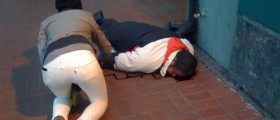

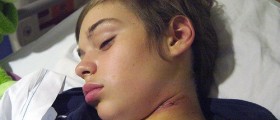
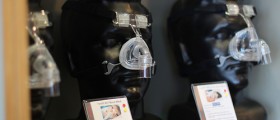

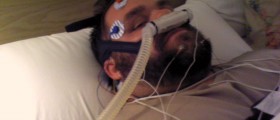
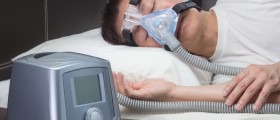



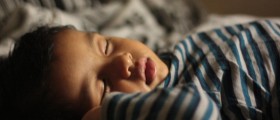
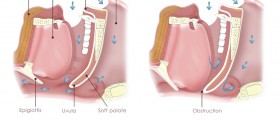
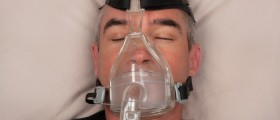
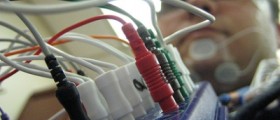
Your thoughts on this
Loading...